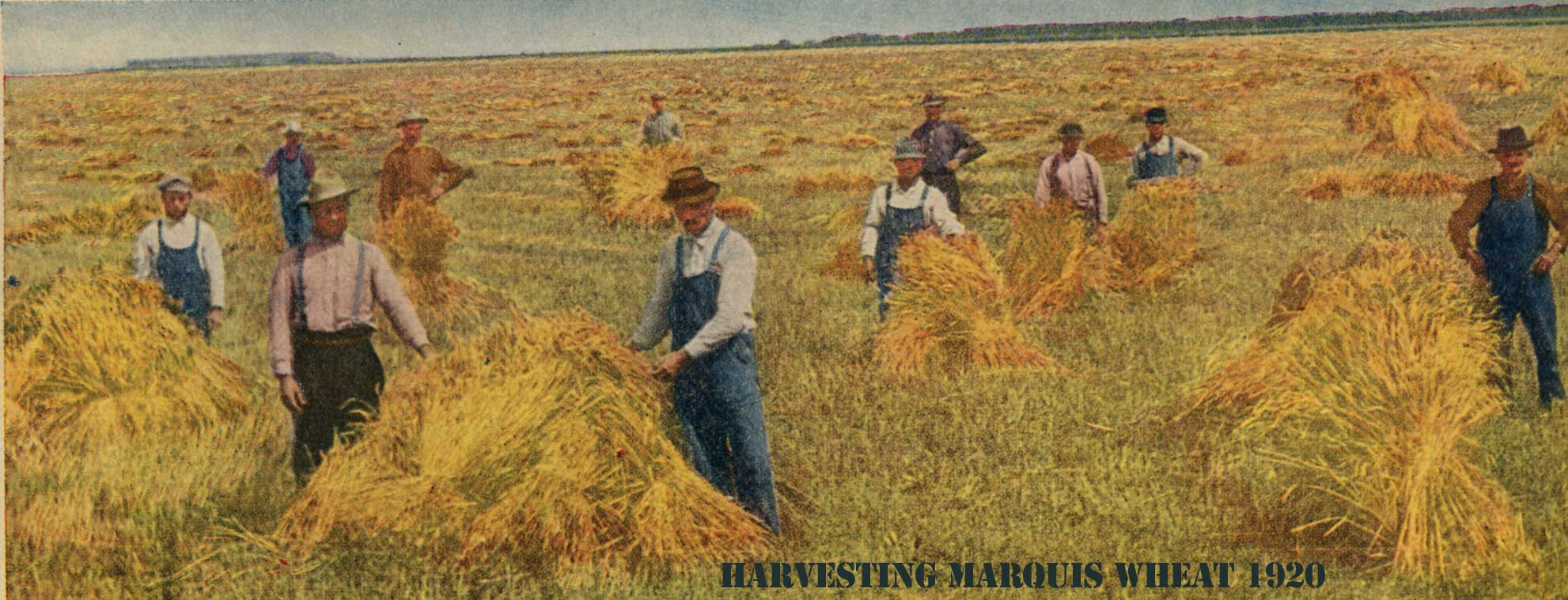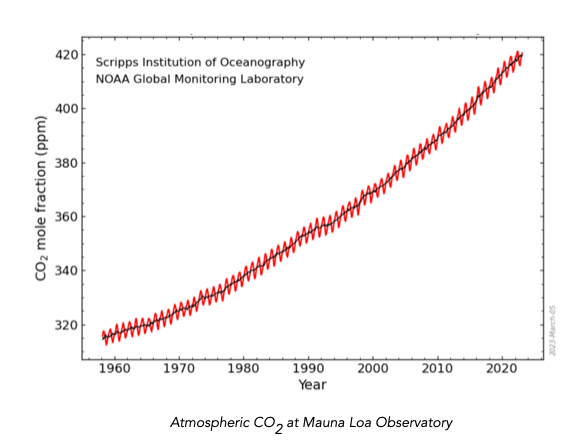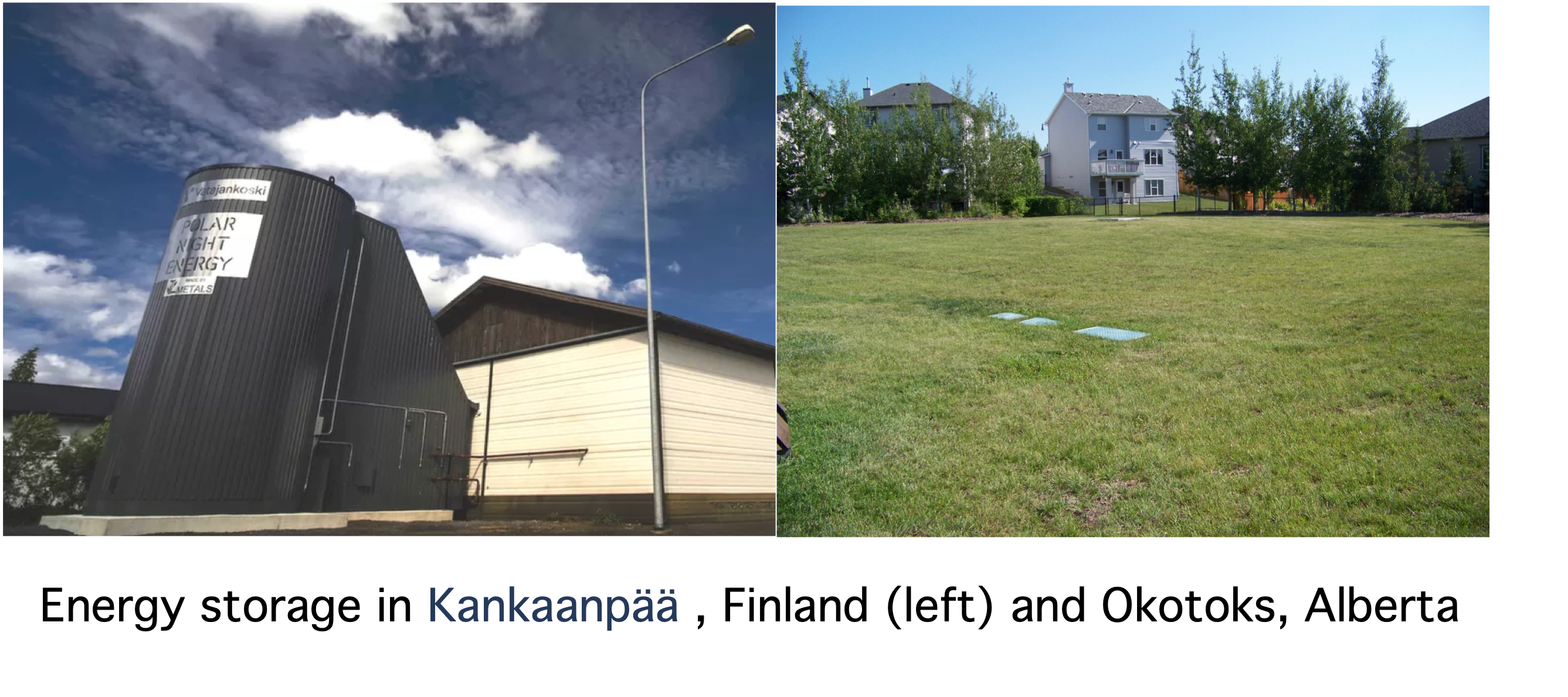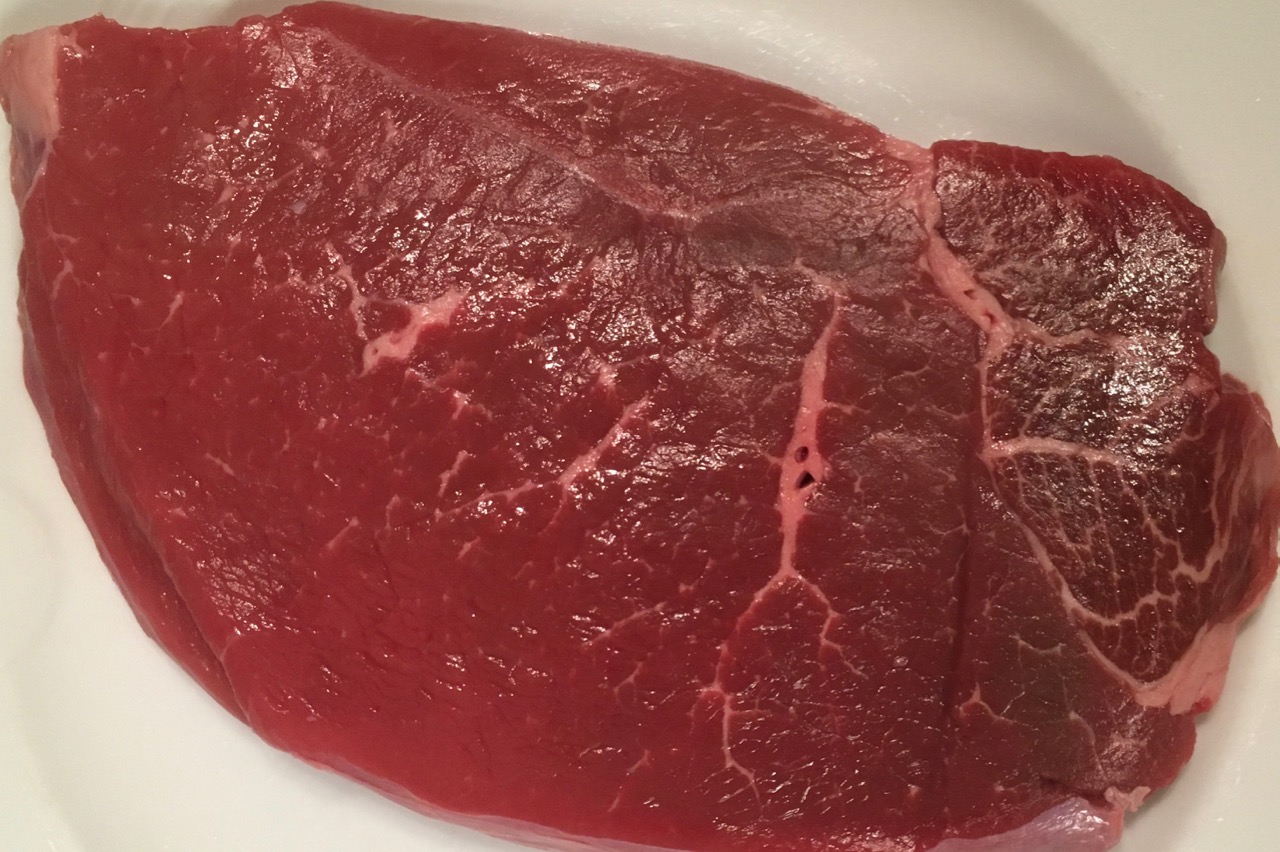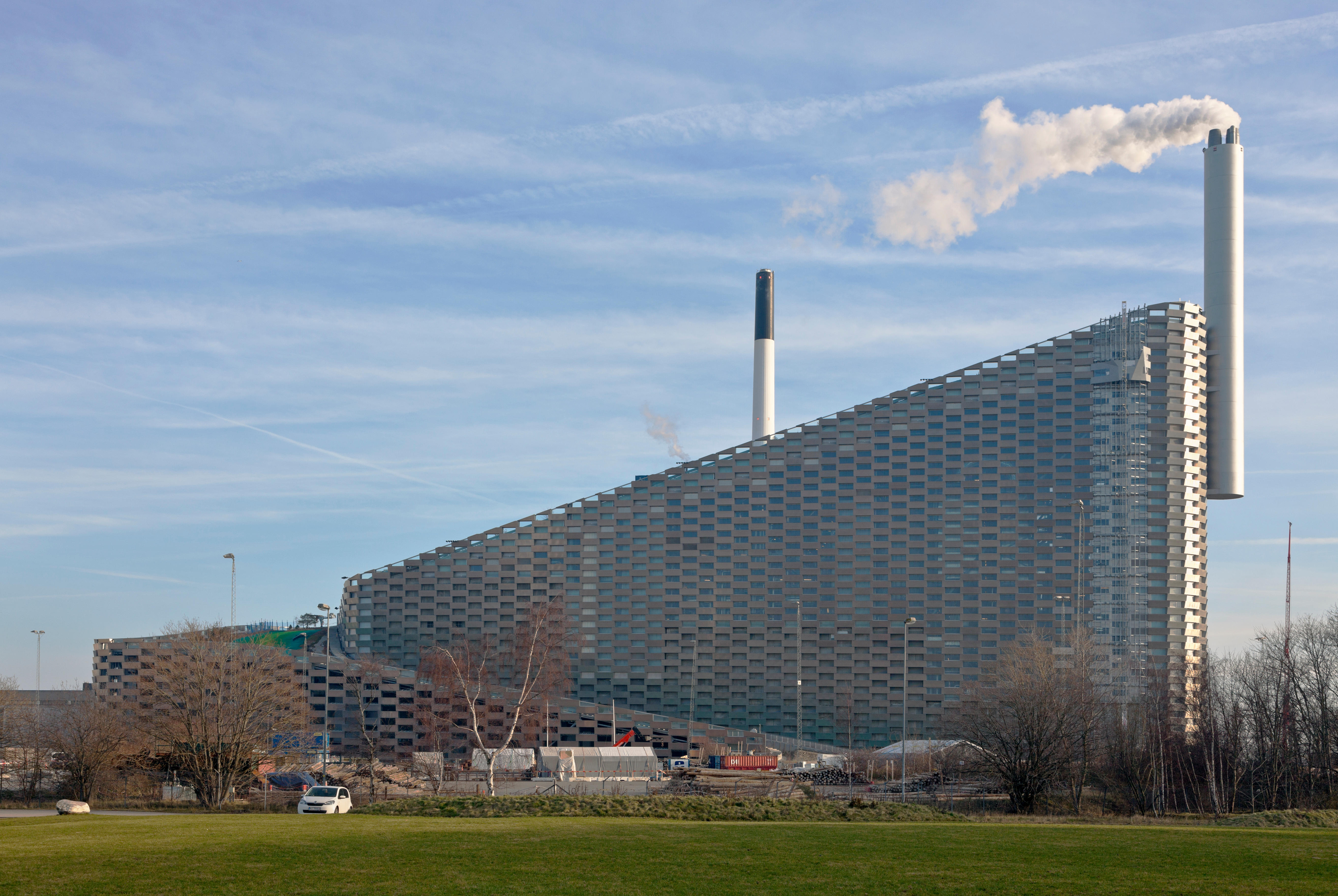Proteins are made up of long chains of amino acids, which are essential building blocks for the body. There are nine essential amino acids that the body cannot produce on its own and must be obtained from the diet. These essential amino acids are required for the synthesis of proteins that support tissue growth and repair, hormone and enzyme production, immune system function, and other physiological processes. Dietary protein also plays a crucial role in muscle protein synthesis, which is the process by which the body repairs and builds new muscle tissue.… Read the rest “The Environmental Footprint of Protein”
climate change
A great injustice
On March 19, 2023, the New York Times carried a story that began:
It’s one of the great injustices of this era that countries contributing negligible amounts to global carbon emissions are now feeling the most harrowing impacts of climate change. Pakistan, which makes up less than 1 percent of the world’s carbon footprint, had a third of its territory under water in last year’s floods. Parts of Kenya, Ethiopia and Somalia are experiencing the worst drought in 70 years of record-keeping, threatening millions with famine, even though the entire continent of Africa contributes less than 4 percen of global carbon emissions.… Read the rest “A great injustice”
Storing Energy to save earth
The generation of energy by fossil-fuel alternatives such as wind and solar power is becoming more and more practical. A major hurdle in switching to alternative energy sources is that many of them, such as wind and solar power, are intermittent. Methods for storing energy during times of surplus production, to be used when demand exceeds supply, is an essential part of an alternative energy economy. Much scientific and engineering effort is going toward this goal.… Read the rest “Storing Energy to save earth”
Geothermal, a continuous, infinite, energy source without greenhouse gases or radioactive waste
(Revised August 27, 2023)
How can we produce enough energy to live well without creating a level of greenhouse gases that generates an increasingly hostile climate? Alternative energy sources like wind and solar are part of the answer, but it isn’t going to be easy to replace the massive quantities of energy currently derived from non-renewable sources such as coal, natural gas, and oil. A useful hub for information on ‘green energy’ sources, defined as those that do not increase the world’s output of carbon to the atmosphere, can be found here.… Read the rest “Geothermal, a continuous, infinite, energy source without greenhouse gases or radioactive waste”
Your steak and global warming
The environmental cost of beef production is well known: it generates a lot of greenhouse gases (GHG), compared to plant-derived foods or even meats such as pork or chicken. A major reason is that bovines’ stomachs use oxygen-free, “enteric” fermentation to digest grass, as described in a previous post. As a result, they burp up a lot of methane, which is a potent GHG.
The greenhouse gas contributions of methane, nitrous oxide, and fluorinated gases are encompassed by the term “CO2 equivalents” (CO2e).… Read the rest “Your steak and global warming”
Is Air Conditioning Going to Become Futile?
Rooftop air conditioning units, midtown, Manhattan. Imagery Google Maps, ©2019 Bluesky, Maxar Technologies, Sanborn, USDA Farm Service Agency, Map data ©2019
A hot day in New York City
People who were there will remember Saturday, July 20, 2019, as a really hot day in New York City. Although it was not the hottest day on record, the temperature at Kennedy airport reached 96ºF (36ºC). On the street at Union Square in Manhattan, a large thermometer (known as BAT, the “Big-Ass Thermometer”) registered a murderous 110ºF.… Read the rest “Is Air Conditioning Going to Become Futile?”
Why we should burn garbage
The Waste-to-Energy plant “Amager Bakke” in Copenhagen, Denmark. Photo credit Niels Quist/Alamy stock photos.
Most people do not enjoy talking, or reading, about garbage. For one thing, it’s boring. But it’s also disturbing: garbage imposes great costs on our economy and our society. The biggest problem is simply the amount of garbage we produce. For example, in 2015, two kilograms (4.4 pounds) of Municipal Solid Waste was generated per citizen of the USA every day (MSW is the fancy name for garbage).… Read the rest “Why we should burn garbage”
We Need to Talk About Methane
“Livestock are responsible for 18 percent of the greenhouse gases that cause global warming more than cars, planes and all other forms of transport put together. It’s official: taking to the roads in an SUV’s got nothing on cattle flatulence . . . “ This is a direct quote from a recent web post of a climate sceptic. It restates a popular meme about climate change, favoured by conservative commentators: that man isn’t the most important agent of global warming, it’s the farting cows, stupid.… Read the rest “We Need to Talk About Methane”
